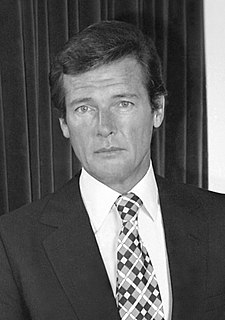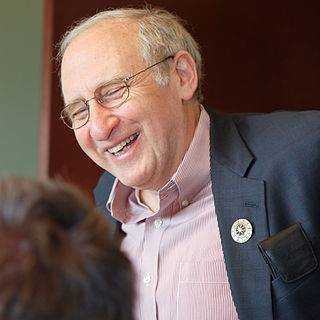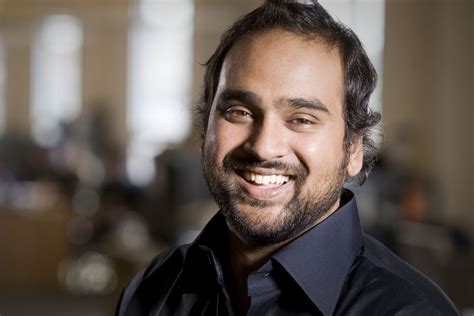A Quote by Roger Moore
Trail conflicts can and do occur among different user groups, among different users within the same user group, and as a result of factors not related to users' trail activities at all. In fact, no actual contact among trail users need occur for conflict to be felt.
Related Quotes
Developing fewer features allows you to conserve development resources and spend more time refining those features that users really need. Fewer features mean fewer things to confuse users, less risk of user errors, less description and documentation, and therefore simpler Help content. Removing any one feature automatically increases the usability of the remaining ones.
Proprietary software keeps users divided and helpless. Divided because each user is forbidden to redistribute it to others, and helpless because the users can't change it since they don't have the source code. They can't study what it really does. So the proprietary program is a system of unjust power.
From the very first inkling of a concept, founders need to gather a target group of five to ten potential users to begin the feedback loop. We all think we know how the market will react to new ideas, but actual users live with the pros and cons of the existing market conditions every day. They are the market experts.
It is my hypothesis that the fundamental source of conflict in this new [post-Cold-War] world will not be primarily ideological or primarily economic. The great divisions among humankind and the dominating source of conflict will be cultural. Nation states will remain the most powerful actors in world affairs, but the principal conflicts of global politics will occur between nations and groups of different civilizations. The clash of civilizations will dominate global politics. The fault lines between civilizations will be the battle lines of the future.



































